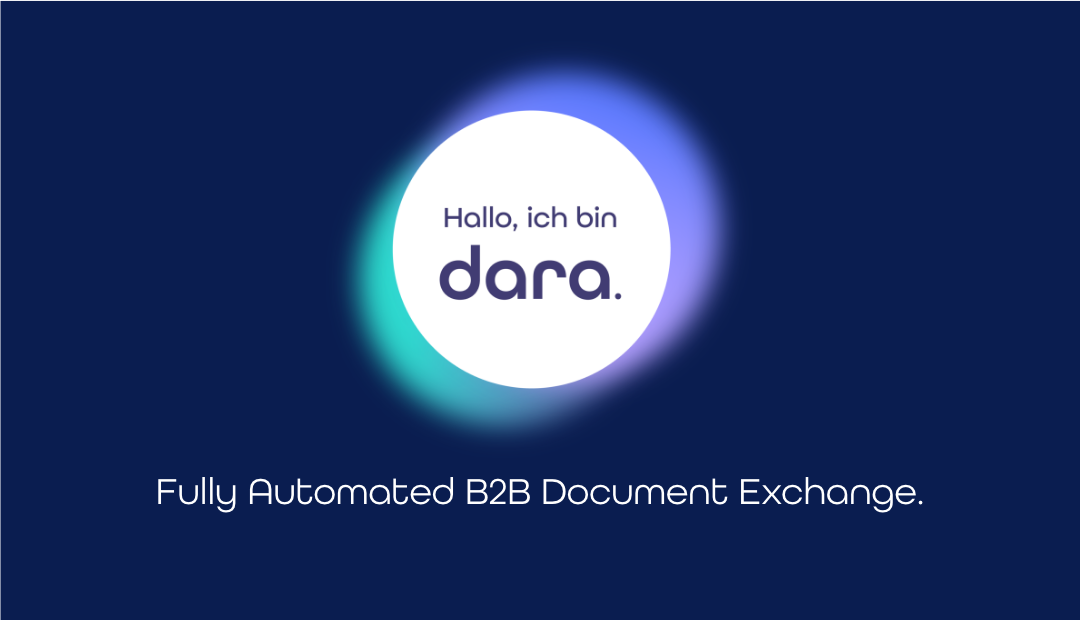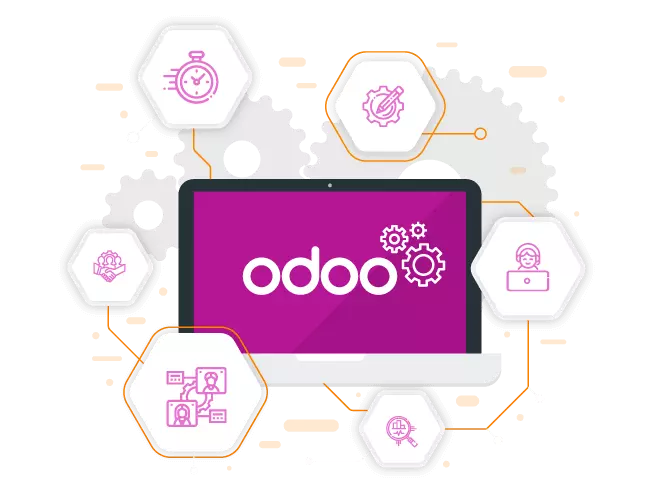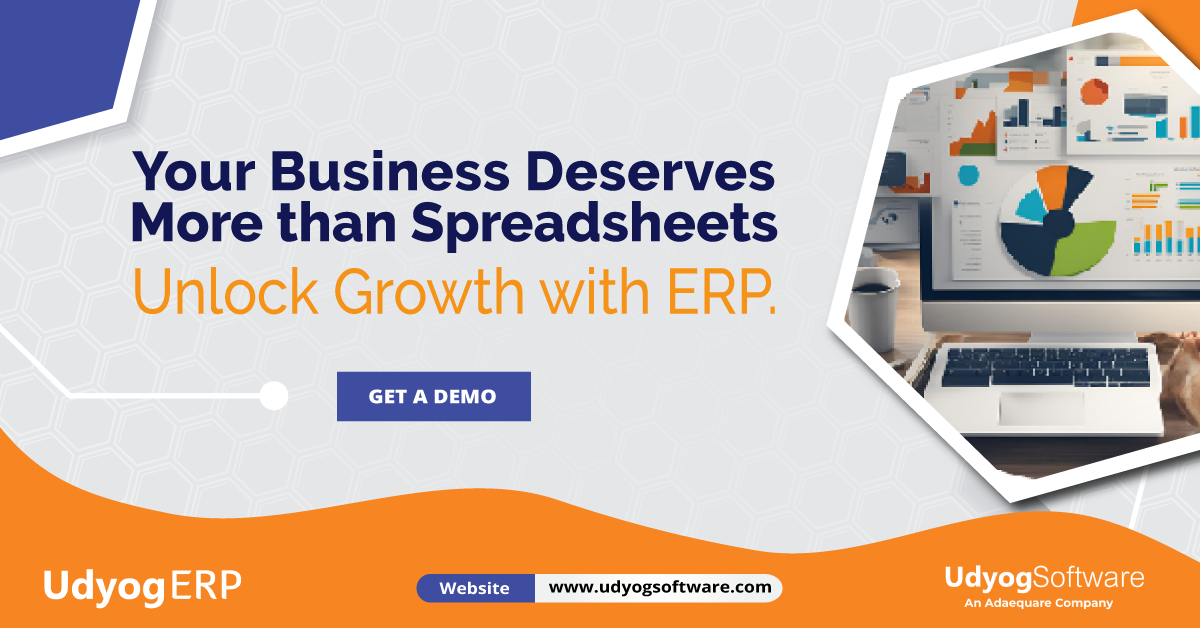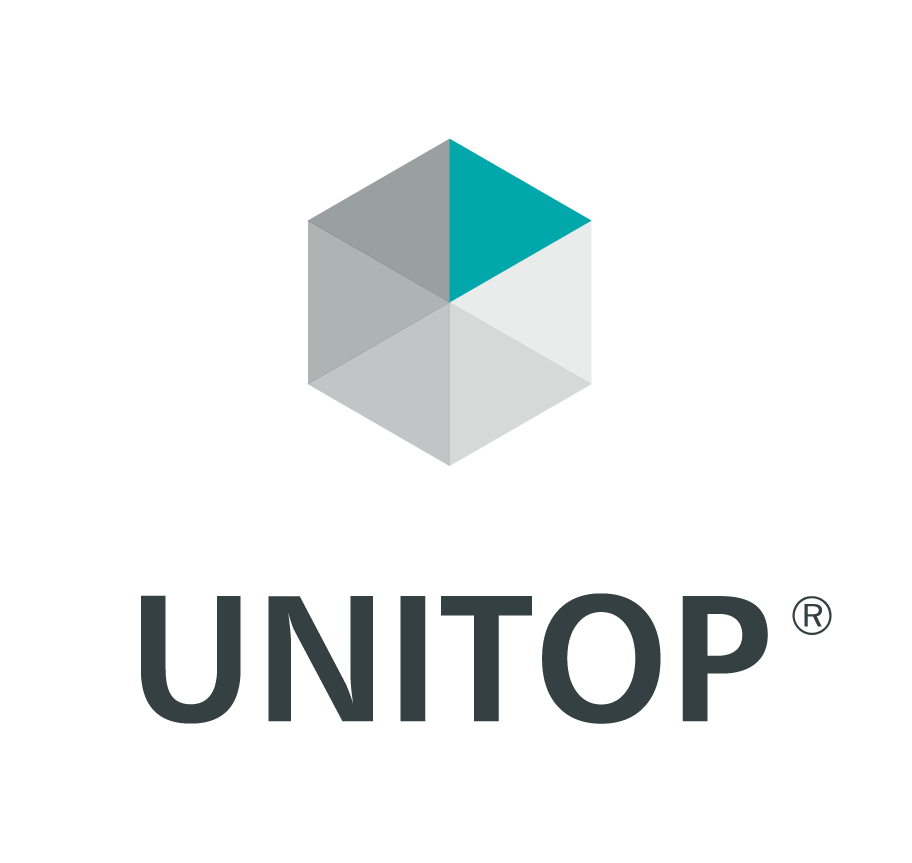
The B2B platform for the best purchasing descision. Identify and compare relevant B2B manufacturers, suppliers and retailers
Close
Filter
Result configuration
Continents
Select continent
Locations
Result types
Company type
Select company type
Industries
Select industry
Company status
Select company status preset
Number of employees
Min.
Max.
Founding year
Peakey Enterprise
Warsaw, United States
B
11-50 Employees
2003
Key takeaway
Peakey Enterprise specializes in enterprise resource planning (ERP) software development services and solutions, demonstrating their expertise in this area. Their proficiency in various software development services ensures they can effectively meet client needs.
Reference
Product
Enterprise Resource Planning (ERP)
Enterprise resource planning software development services and solutions
technologies International Inc.
Chino, United States
B
11-50 Employees
1998
Key takeaway
The company specializes in providing comprehensive ERP software packages and services, particularly through its partnership with SYSPRO, to enhance the efficiency and profitability of distributors and manufacturers. Their solutions facilitate improved operations, customer service, and compliance, making them essential for businesses looking to optimize their supply chain and manufacturing processes.
Reference
Service
Services | ERP Systems | SYSPRO ERP Consultants | Enterprise Resource Planning
Essential Software Solutions
Vancouver, Canada
A
11-50 Employees
1978
Key takeaway
The company, ESS, specializes in Enterprise Resource Planning (ERP) software tailored for mixed mode manufacturers, project management, rentals, and service organizations. Their ERP solutions include unique features for custom manufacturers and offer consulting services to enhance business processes.
Reference
Core business
ERP: Enterprise resource planning system and software company in Canada
ERP software Canada: ESS is a certified Infor Enterprise resource planning (ERP) software and system company in Canada, helping businesses compete globally with digital transformation. Inquire now.
Looking for more accurate results?
Find the right companies for free by entering your custom query!
25M+ companies
250M+ products
Free to use
EK Associates
Cerritos, United States
B
1-10 Employees
2012
Key takeaway
The company specializes in providing integrated IT solutions that enhance system efficiency and staff productivity, with a strong focus on implementing technology solutions like Enterprise Resource Planning (ERP). Their experienced team is skilled in integrating disparate systems, optimizing performance, and delivering seamless solutions that support the entire project life cycle.
Reference
Service
Information Technology and Management Solutions Provider | Enterprise Resource Planning
SowaanERP
Dubai, United Arab Emirates
C
51-100 Employees
2020
Key takeaway
SowaanERP offers advanced ERP systems designed to enhance and optimize business operations across various industries. Their platform features customizable modules for finance, human resources, inventory, manufacturing, and CRM, ensuring integration with existing systems to boost efficiency and productivity.
Reference
Service
ERP Software
SowaanERP provides a best ERP solution that includes modules for finance, human resources, inventory management, manufacturing, and CRM. Our software brings together critical functions onto a single platform, increasing efficiency and accuracy. SowaanERP is customizable and adaptable, allowing you to streamline operations, gain real-time data insights, and make informed decisions. Our product is ideal for firms in numerous industries. It streamlines procedures and drives growth.
ER Technologies
Irvine, United States
B
1-10 Employees
2001
Key takeaway
ER Technologies specializes in Enterprise Resource Planning (ERP) through its expertise in Oracle Manufacturing Cloud, providing manufacturers with real-time data and insights that enhance operational efficiency and drive growth. Their services, including inventory management and scheduling, are designed to optimize manufacturing processes and uncover value in technology investments.
Reference
Product
Enterprise Resource Planning (ERP) - ERTechnologies
OraclePro
Qibla, Kuwait
D
1-10 Employees
2015
Key takeaway
OraclePro specializes in Enterprise Resource Planning (ERP) through its comprehensive consulting services, which encompass all facets from architecture and design to implementation and post-production support. With a client-centric approach and a dedicated team, OraclePro is well-equipped to deliver tailored ERP solutions that align with customer needs and budgets.
Reference
Product
Enterprise Resource Planning (ERP) | OraclePro Consulting & Services

ERP System Solutions
United States
B
1-10 Employees
2002
Key takeaway
ERP System Solutions (ERPSS) specializes in implementing Enterprise Resource Planning (ERP) systems, along with other business management solutions that enhance growth and competitiveness. With a focus on leveraging technology, ERPSS provides secure and cost-effective ERP and system integration solutions, supported by a team of certified consultants.
Reference
Service
Services | ERP System Solutions
ISD - Infosoft Software Developer
Tirana, Albania
B
11-50 Employees
1991
Key takeaway
The company offers an ERP system that provides real-time tracking of financial, accounting, and managerial activities, specifically designed for businesses engaged in retail. It includes web and mobile solutions for online sales, document creation, and operational planning, making it a comprehensive tool for managing financial activities.
Reference
Core business
ERP programs for managing the financial activity of any business.
ACTARIS RECRUITMENT LIMITED
London, United Kingdom
A
1-10 Employees
2013
Key takeaway
Actaris Recruitment Ltd specializes in providing recruitment solutions within the IT and Technology sectors, with a dedicated team focusing on the Enterprise Resource Planning (ERP) sector. Their expertise encompasses various areas essential for ERP, including SAP, Project Management, and Supply Chain Management.
Reference
Core business
ERP (Enterprise Resource Planning) - Actaris Recruitment
Our dedicated team of recruitment specialists within the ERP (Enterprise Resource Planning) sector focus on the following areas currently but are not limited to: CRM HR SAP Professional Services Project Management Resource Management Time & Expense Payroll Supply Chain Management Manufacturing Inventory Management Warehouse Management Sales Presales/Postsales Business Development Implementation Consultants
Technologies which have been searched by others and may be interesting for you:
A selection of suitable products and services provided by verified companies according to your search.

Service
dara®
Go to product

Service
Odoo Development
Go to product

Service
Best ERP Software In India
Go to product

Service
unitop
Go to product
A selection of suitable use cases for products or services provided by verified companies according to your search.
Use case
Odoo Development for an E-Commerce Business
Manufacturing, Retail and E-Commerce, Healthcare, Construction and Real Estate, Wholesale and Distribution, Education, Professional Services, Finance and Accounting
Odoo provides a comprehensive, integrated solution for managing all aspects of an e-commerce business, from product listings and order management to inventory control and customer relationship management (CRM). Here's how CodersFort can tailor Odoo development to streamline operations, enhance sales, and improve customer experience for an e-commerce business. Key Challenges in E-Commerce: Order Management Complexity: Managing orders from multiple sales channels (website, mobile app, marketplaces) can lead to delays, errors, and inefficiencies. Inventory Visibility: Tracking stock across different warehouses or locations manually can result in overselling, stockouts, or excess inventory. Customer Relationship Management (CRM): Managing customer data and ensuring personalized service across various touchpoints can be fragmented. Sales and Marketing Integration: Disparate tools for sales, marketing, and reporting can result in missed opportunities and inefficient campaign tracking. Scalable Solutions: As an e-commerce business grows, systems need to scale effectively to handle increased order volume and expanded product catalogs. Odoo Development Solution for E-Commerce: 1. Integrated E-Commerce Platform: E-Commerce Module: Odoo provides a robust e-commerce module that integrates seamlessly with your online store, ensuring real-time synchronization of product catalogs, prices, and promotions. Multi-Channel Sales Integration: CodersFort can integrate your online store with physical retail locations, marketplaces (like Amazon, eBay), and mobile apps, allowing orders from all channels to be managed in a unified system. 2. Custom Inventory Management: Real-Time Stock Tracking: Odoo’s inventory management system tracks stock levels across multiple warehouses, providing real-time visibility. Automated stock alerts and reordering triggers ensure your inventory is always optimized. Multi-Warehouse Management: For businesses with multiple storage locations, Odoo offers seamless integration of stock movements between warehouses, reducing errors and improving fulfillment accuracy. 3. Enhanced Customer Relationship Management (CRM): Centralized Customer Data: Odoo consolidates all customer data—order history, preferences, communication logs—into a single CRM, providing a 360-degree view of customer interactions. Personalized Marketing: With Odoo, businesses can track customer behavior and send personalized offers based on purchase history or browsing activity, boosting customer retention and increasing sales. 4. Sales & Marketing Automation: Automated Sales Pipeline: Odoo’s CRM helps streamline the sales pipeline by automating follow-ups, reminders, and customer communications. Integrated Marketing Campaigns: Odoo integrates with email marketing tools, enabling businesses to design and run marketing campaigns directly from the ERP system. Campaign performance (open rates, conversions) can be tracked in real-time for better ROI analysis. Discounts and Promotions: Easily manage promotions, seasonal sales, and discount codes that automatically apply during checkout, driving more sales and customer engagement. 5. Accounting & Payment Gateway Integration: Integrated Accounting: Odoo’s accounting module integrates seamlessly with e-commerce transactions. It automatically generates invoices, tracks payments, and handles accounting for multiple currencies. Payment Gateway Integration: Odoo supports various payment gateways like PayPal, Stripe, and more, allowing seamless transaction processing directly from the store. 6. Advanced Reporting and Analytics: Custom Dashboards: CodersFort can develop custom dashboards that provide real-time insights into sales performance, inventory levels, customer behavior, and financial metrics. Sales Reporting: Odoo’s analytics tools help businesses track sales by region, product, or marketing campaign, offering data-driven insights to make informed business decisions. 7. Scalability and Flexibility: Custom Development: As your business grows, Odoo can be customized further to add new functionalities, such as advanced product catalogs, custom pricing strategies, or multi-language and multi-currency support. Mobile App Support: With Odoo’s mobile app, customers can easily browse products, place orders, and track shipments, ensuring a smooth shopping experience. Benefits of Odoo Development for E-Commerce: Centralized Management: All operations—sales, inventory, customer data, and accounting—are managed within one integrated system, reducing manual data entry and potential errors. Efficiency Gains: Automation of sales, marketing, and inventory management streamlines workflows, freeing up time for employees to focus on high-priority tasks. Scalable Solution: As your e-commerce business expands, Odoo can be easily scaled to meet new demands without the need for major system overhauls. Improved Customer Experience: Personalized offers, automated follow-ups, and integrated customer support features help build stronger customer relationships and increase retention. Data-Driven Decisions: Odoo’s advanced reporting tools provide actionable insights into business performance, helping make informed decisions quickly. Use Case: For example, Trendify, a fashion retailer, used Odoo to integrate its online store with its physical outlets. Orders from both platforms were automatically synced, and inventory was updated in real-time. The CRM module helped Trendify personalize communication with customers, sending targeted promotions based on previous purchases. This integration led to a 25% increase in sales and a significant reduction in order fulfillment errors, while also improving customer satisfaction through faster response times and personalized experiences. Conclusion: Odoo provides a powerful, scalable solution for e-commerce businesses, enabling seamless integration of sales, inventory, customer management, and financial operations. CodersFort specializes in customizing Odoo for e-commerce businesses, ensuring that the system is tailored to meet the specific needs of each business, whether it’s improving order management, optimizing inventory, or boosting customer engagement.
Use case
Odoo Development for an E-Commerce Business
Manufacturing, Retail and E-Commerce, Healthcare, Construction and Real Estate, Wholesale and Distribution, Education, Professional Services, Finance and Accounting
Odoo provides a comprehensive, integrated solution for managing all aspects of an e-commerce business, from product listings and order management to inventory control and customer relationship management (CRM). Here's how CodersFort can tailor Odoo development to streamline operations, enhance sales, and improve customer experience for an e-commerce business. Key Challenges in E-Commerce: Order Management Complexity: Managing orders from multiple sales channels (website, mobile app, marketplaces) can lead to delays, errors, and inefficiencies. Inventory Visibility: Tracking stock across different warehouses or locations manually can result in overselling, stockouts, or excess inventory. Customer Relationship Management (CRM): Managing customer data and ensuring personalized service across various touchpoints can be fragmented. Sales and Marketing Integration: Disparate tools for sales, marketing, and reporting can result in missed opportunities and inefficient campaign tracking. Scalable Solutions: As an e-commerce business grows, systems need to scale effectively to handle increased order volume and expanded product catalogs. Odoo Development Solution for E-Commerce: 1. Integrated E-Commerce Platform: E-Commerce Module: Odoo provides a robust e-commerce module that integrates seamlessly with your online store, ensuring real-time synchronization of product catalogs, prices, and promotions. Multi-Channel Sales Integration: CodersFort can integrate your online store with physical retail locations, marketplaces (like Amazon, eBay), and mobile apps, allowing orders from all channels to be managed in a unified system. 2. Custom Inventory Management: Real-Time Stock Tracking: Odoo’s inventory management system tracks stock levels across multiple warehouses, providing real-time visibility. Automated stock alerts and reordering triggers ensure your inventory is always optimized. Multi-Warehouse Management: For businesses with multiple storage locations, Odoo offers seamless integration of stock movements between warehouses, reducing errors and improving fulfillment accuracy. 3. Enhanced Customer Relationship Management (CRM): Centralized Customer Data: Odoo consolidates all customer data—order history, preferences, communication logs—into a single CRM, providing a 360-degree view of customer interactions. Personalized Marketing: With Odoo, businesses can track customer behavior and send personalized offers based on purchase history or browsing activity, boosting customer retention and increasing sales. 4. Sales & Marketing Automation: Automated Sales Pipeline: Odoo’s CRM helps streamline the sales pipeline by automating follow-ups, reminders, and customer communications. Integrated Marketing Campaigns: Odoo integrates with email marketing tools, enabling businesses to design and run marketing campaigns directly from the ERP system. Campaign performance (open rates, conversions) can be tracked in real-time for better ROI analysis. Discounts and Promotions: Easily manage promotions, seasonal sales, and discount codes that automatically apply during checkout, driving more sales and customer engagement. 5. Accounting & Payment Gateway Integration: Integrated Accounting: Odoo’s accounting module integrates seamlessly with e-commerce transactions. It automatically generates invoices, tracks payments, and handles accounting for multiple currencies. Payment Gateway Integration: Odoo supports various payment gateways like PayPal, Stripe, and more, allowing seamless transaction processing directly from the store. 6. Advanced Reporting and Analytics: Custom Dashboards: CodersFort can develop custom dashboards that provide real-time insights into sales performance, inventory levels, customer behavior, and financial metrics. Sales Reporting: Odoo’s analytics tools help businesses track sales by region, product, or marketing campaign, offering data-driven insights to make informed business decisions. 7. Scalability and Flexibility: Custom Development: As your business grows, Odoo can be customized further to add new functionalities, such as advanced product catalogs, custom pricing strategies, or multi-language and multi-currency support. Mobile App Support: With Odoo’s mobile app, customers can easily browse products, place orders, and track shipments, ensuring a smooth shopping experience. Benefits of Odoo Development for E-Commerce: Centralized Management: All operations—sales, inventory, customer data, and accounting—are managed within one integrated system, reducing manual data entry and potential errors. Efficiency Gains: Automation of sales, marketing, and inventory management streamlines workflows, freeing up time for employees to focus on high-priority tasks. Scalable Solution: As your e-commerce business expands, Odoo can be easily scaled to meet new demands without the need for major system overhauls. Improved Customer Experience: Personalized offers, automated follow-ups, and integrated customer support features help build stronger customer relationships and increase retention. Data-Driven Decisions: Odoo’s advanced reporting tools provide actionable insights into business performance, helping make informed decisions quickly. Use Case: For example, Trendify, a fashion retailer, used Odoo to integrate its online store with its physical outlets. Orders from both platforms were automatically synced, and inventory was updated in real-time. The CRM module helped Trendify personalize communication with customers, sending targeted promotions based on previous purchases. This integration led to a 25% increase in sales and a significant reduction in order fulfillment errors, while also improving customer satisfaction through faster response times and personalized experiences. Conclusion: Odoo provides a powerful, scalable solution for e-commerce businesses, enabling seamless integration of sales, inventory, customer management, and financial operations. CodersFort specializes in customizing Odoo for e-commerce businesses, ensuring that the system is tailored to meet the specific needs of each business, whether it’s improving order management, optimizing inventory, or boosting customer engagement.
Enterprise Resource Planning (ERP) refers to integrated management systems that streamline and automate core business processes across an organization. These systems facilitate the flow of information between all business functions, enabling improved coordination and decision-making. By centralizing data, ERP solutions help companies manage resources efficiently, enhance productivity, and provide better insights into performance metrics. Utilizing a single database, ERP systems ensure that different departments, such as finance, human resources, and supply chain, can access real-time information, thereby fostering collaboration and reducing operational silos. The adoption of ERP can lead to significant cost savings and improved scalability as organizations grow and evolve.
Enterprise Resource Planning (ERP) systems significantly enhance business efficiency by integrating various functions into a unified platform. This integration allows for streamlined processes, reducing the need for manual data entry and minimizing errors. Real-time data access enables better decision-making, as stakeholders can rely on accurate information for their operations. Moreover, ERP systems automate routine tasks, freeing up employees to focus on more strategic initiatives. Improved communication across departments is another key advantage, as everyone operates from the same data set. Overall, ERP fosters a more agile and responsive organization, ultimately driving productivity and efficiency.
1. Integrated Database
Enterprise Resource Planning systems utilize a centralized database that streamlines information across various departments. This integration facilitates real-time data access and enhances collaboration among teams.
2. Modular Architecture
These systems often feature a modular design, allowing businesses to implement specific applications as needed. This flexibility enables organizations to customize their ERP solutions according to unique operational requirements.
3. Automation of Business Processes
ERP systems automate routine tasks such as order processing, inventory management, and payroll. This automation reduces human error, improves efficiency, and frees up staff for more strategic activities.
4. Reporting and Analytics
Robust reporting and analytics tools are integral to ERP systems. They provide insights into business performance through data visualization and trend analysis, empowering informed decision-making.
5. Scalability
Enterprise Resource Planning solutions are designed to grow with the business. They can accommodate increased data volume and user load, making them suitable for organizations of all sizes.
Enterprise Resource Planning (ERP) systems are designed to integrate seamlessly with existing software solutions within an organization. They typically utilize application programming interfaces (APIs) and middleware to ensure data flows smoothly between the ERP and other software applications. This integration allows for real-time data sharing, which enhances operational efficiency by eliminating silos and reducing manual data entry. Additionally, modern ERP systems often support standardized data formats and protocols, making it easier to interface with Customer Relationship Management (CRM) systems, supply chain management tools, and other software. The result is a unified system that provides comprehensive insights and improves decision-making across various business functions.
1. Improved Efficiency
Implementing Enterprise Resource Planning (ERP) systems streamlines business processes by integrating various functions into a single platform. This reduces the need for manual data entry and minimizes errors, allowing employees to focus on more strategic tasks.
2. Enhanced Data Accuracy
With ERP, companies benefit from centralized data management which ensures consistency across departments. This leads to improved data accuracy and real-time reporting, enabling better decision-making based on reliable information.
3. Scalability
As businesses grow, ERP systems can be scaled to accommodate new processes and additional users. This flexibility supports the evolving needs of a company, facilitating smooth expansions without significant disruptions.
4. Better Collaboration
ERP fosters collaboration by providing a unified platform for different departments. Employees can easily share information and communicate, which enhances teamwork and productivity across the organization.
5. Cost Savings
Over time, the implementation of an ERP system can lead to significant cost savings. By optimizing processes, reducing operational inefficiencies, and improving resource allocation, companies can lower their operational costs.
6. Regulatory Compliance
ERP systems often come with built-in compliance features that help businesses adhere to industry regulations and standards. This reduces the risk of non-compliance and associated penalties.
7. Improved Customer Service
With better access to customer data and insights, companies can provide more personalized service and respond quickly to customer inquiries. This enhances the overall customer experience and can lead to increased loyalty.
Some interesting numbers and facts about your company results for Enterprise Resource Planning
| Country with most fitting companies | United States |
| Amount of fitting manufacturers | 10000 |
| Amount of suitable service providers | 10000 |
| Average amount of employees | 11-50 |
| Oldest suiting company | 1978 |
| Youngest suiting company | 2020 |
20%
40%
60%
80%
Some interesting questions that has been asked about the results you have just received for Enterprise Resource Planning
What are related technologies to Enterprise Resource Planning?
Based on our calculations related technologies to Enterprise Resource Planning are Big Data, E-Health, Retail Tech, Artificial Intelligence & Machine Learning, E-Commerce
Which industries are mostly working on Enterprise Resource Planning?
The most represented industries which are working in Enterprise Resource Planning are IT, Software and Services, Other, Consulting, Human Resources, Finance and Insurance
How does ensun find these Enterprise Resource Planning Companies?
ensun uses an advanced search and ranking system capable of sifting through millions of companies and hundreds of millions of products and services to identify suitable matches. This is achieved by leveraging cutting-edge technologies, including Artificial Intelligence.